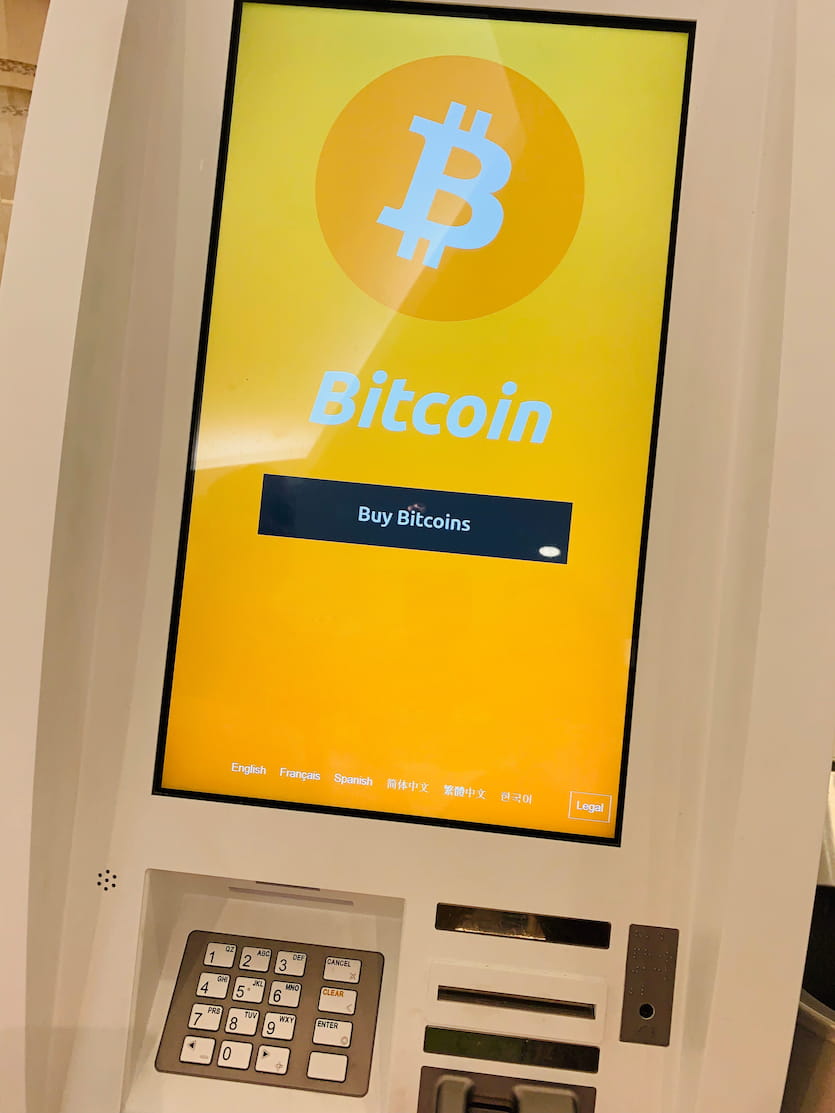How to trade Bitcoin
If you're looking to take advantage of the many trading opportunities Bitcoin offers, we've covered some of the main ways a retail trader can do so below.

1) Trading Bitcoin on a dedicated exchange
This option is generally thought to be better suited to long-term traders who intend to buy and hold Bitcoin for an extended period of time. In order to access your coins, you must first create a crypto wallet. It is generally recommended that your crypto wallet be created outside of the exchange, but you can create one through the exchanges too. While they do not technically store your Bitcoins in the same way that a bank does, you cannot interact with a blockchain without one. Think of it as a key to access what you own on the blockchain.
After you've set up your wallet and met the KYC (know your client) requirements of the relevant exchange, you'll need to deposit your fiat currency (USD, EUR, GBP, AUD, and so on) to these exchanges. You can buy Bitcoin directly with fiat or buy 'stablecoins' (1-for-1 conversion with fiat) that can then be used to buy Bitcoin.
Some of the top exchanges offer you the ability to directly purchase Bitcoin and, to a lesser extent, short it on margin. But they also offer futures and options contracts on Bitcoin.
Trading Bitcoin through an exchange has its advantages:
Exchange trading is not without its pitfalls, though:
2) Trade Bitcoin CFDs
In order to trade crypto CFDs, you need to sign up with a licensed CFD broker that offers cryptocurrency CFDs.

CFD stands for 'contract-for-difference'. It’s a derivative security that enables you to speculate on price changes in an underlying asset, both long and short, without ownership interest in the underlying asset. A Bitcoin CFD, for example, will have an underlying standard contract of 1 bitcoin which can be increased or decreased based on the trader’s risk tolerance and appetite, and the price of this contract is based on the underlying market value of Bitcoin itself.
The bid/ask quote of Bitcoin CFD won’t come directly from an exchange. Instead, it's derived by liquidity providers (financial institutions and fintech firms) that cross-reference multiple Bitcoin exchanges in order to create an aggregated price for traders to speculate on. These liquidity providers will then pass on their price to brokers, where retail traders can take part.
Here are some of the advantages of trading Bitcoin with CFDs:
Like any financial product, the risks and suitability of CFDs should also be considered:
Alternative ways to trade Bitcoin
If you're looking for further ways to trade bitcoin, you could consider these avenues:
- Bitcoin futures & options (traded on exchange).
- Accessing bitcoin through a payment provider (i.e Paypal) or a dedicated cryptocurrency ATM.
- Bitcoin ETFs - yet to take off, but likely to be prominent in the future.
- Investing in companies with significant interests in Bitcoin & Bitcoin mining

Learn to trade Bitcoin CFDs
Pepperstone offers complimentary demo accounts to all clients who would like to practice trading Bitcoin and other cryptocurrency CFDs. Simply follow this link to open your account today and test your strategies on one of the most popular assets going around. You can also find more information about how to trade cryptocurrency CFDs.